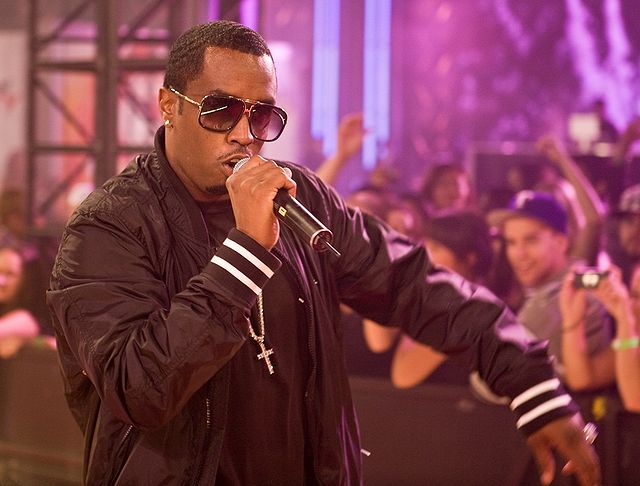The judge in Diddy’s ‘gang rape’ lawsuit determines that the complainant cannot stay anonymous, stopping the case from proceeding until the unknown woman reveals her identify.
A federal judge ruled Thursday (February 29) that the lawsuit against Sean “Diddy” Combs, accusing him of sex trafficking and gang rape, cannot proceed unless the unidentified plaintiff reveals her identify.
READ MORE: A Woman Who Was Injured During A 1999 Altercation Between Diddy And Shyne Claims Puff Shot Her

Judge Jessica G.L. Clarke noted that releasing her identity could “have a significant impact” on the accuser owing to the “graphic and disturbing allegations in this case,” but found that the woman had “failed to prove” that she could proceed anonymously.
“While the court does not take Plaintiff’s concerns lightly, the Court cannot rely on generalized, uncorroborated claims that disclosure would harm Plaintiff to justify her anonymity,” wrote Judge Clarke, citing previous lawsuits against Harvey Weinstein and Kevin Spacey in which Jane Doe and John Doe accusers were denied anonymity, stating that cases allowed to proceed under a pseudonym were “the exception, not the rule.”

However, the order will not take effect immediately, and the accuser will not be exposed until the judge rules on Combs’ pending request to dismiss the complaint – which is unclear when that will be. If the lawsuit proceeds, the anonymous accuser will have to divulge her identify.
READ MORE: Explosive Audio Submitted As Evidence Alleges Diddy’s Participation In Tupac Shakur’s Murder
The nameless Jane Doe claims in the filing that Combs and former Bad Boy Records president Harve Pierre “plied her with drugs and alcohol” before taking turns raping her in a Manhattan recording studio when she was a teenager. She has contended that revealing her identify to the media would result in further anguish, although Diddy’s attorneys have argued the reverse.

Meanwhile, Combs has rejected the allegations, as well as countless others made against him in sexual assault lawsuits filed in recent months. Those claims, along with many others filed against other celebrities, are the result of a piece of New York State legislation that gives victims an extended window of time to sue if they would otherwise be prevented from doing so under the statute of limitations.
Radiant TV, offering to elevate your entertainment game! Movies, TV series, exclusive interviews, music, and more—download now on various devices, including iPhones, Androids, smart TVs, Apple TV, Fire Stick, and more.


